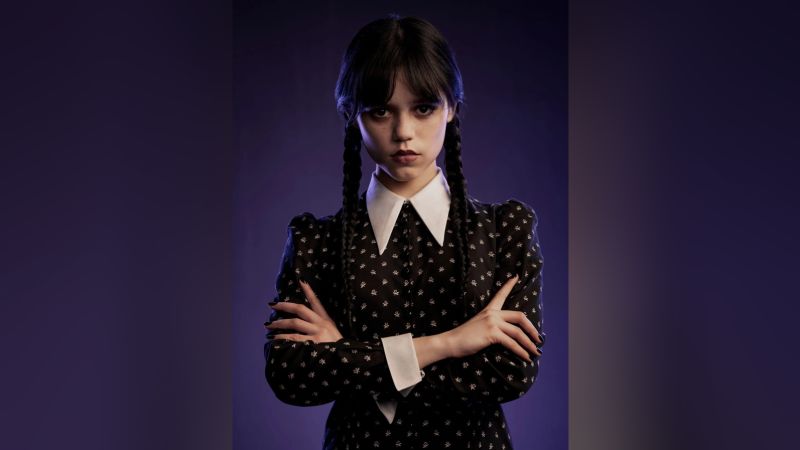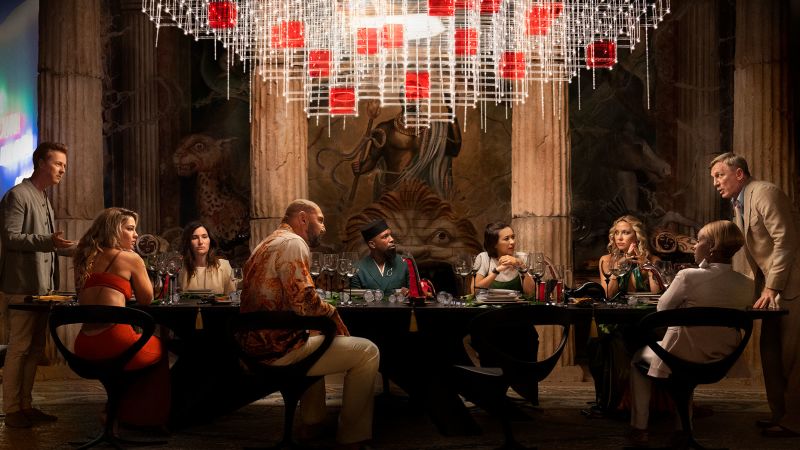“When Harry Met Sally,” “Sleepless in Seattle,” and “You’ve Got Mail” share many traits with each other and with Ephron, who often filled the pages of her screenplays with details from her life.
One obvious thread between them: Meg Ryan at the center.
“[‘When Harry Met Sally’] was really the beginning,” said Doidge, adding that Ephron adored the “incredibly charming” Meg Ryan.
“That became a lifelong collaboration and friendship,” she said.
It has been eight years since Ryan appeared on the big screen, and she’s back with a rom-com of her own. In “What Happens Later,” which premiered Nov. 3, Ryan plays a woman a few decades older than her most memorable rom-com characters.
Her character, Willa, is a free-spirited massage therapist who runs into a former partner, Bill (David Duchovny), while waiting out a snowstorm at an airport nearly 25 years after they last saw each other. They squabble and banter (sometimes both) while catching each other up on all that has happened in their respective lives. Marriages, friendships, children. Eventually, they work all the way back to their breakup. What really happened then, and why?
Directed and co-written by Ryan, the film is a mature take on meet-cutes. As Willa and Bill confront their failures — whether in their separate lives, or as they relate to one another — they are each reacquainted with who they have each become. Willa’s free spirit grew out of a youthful flightiness. Bill has learned to loosen his grip. They complement one another.
“What Happens Later” ends with a dedication to Ephron, a sweet nod to the filmmaker whose writing and directing brought out the best in Ryan. “Nora Ephron, the movies I did with her, had an operative thing about kismet, like destiny and fate, that fate holds you; you’re destined for this person,” Ryan recently told People. “There’s something really comforting about that. I think the same is true for this movie.”
And while stubborn Willa is similar to “You’ve Got Mail’s” Kathleen Kelly, “What Happens Later” largely diverges from the tropes that distinguish the Ephron movies, such as falling for a stranger, hopeless romanticism and new love.
But nonetheless, we are reminded of Ephron.
“We just so need and want that warmth and that comfort,” said Doidge of Ephron.
“It’s not surprising that her films live on.”
Sonia Rao contributed to this report.



